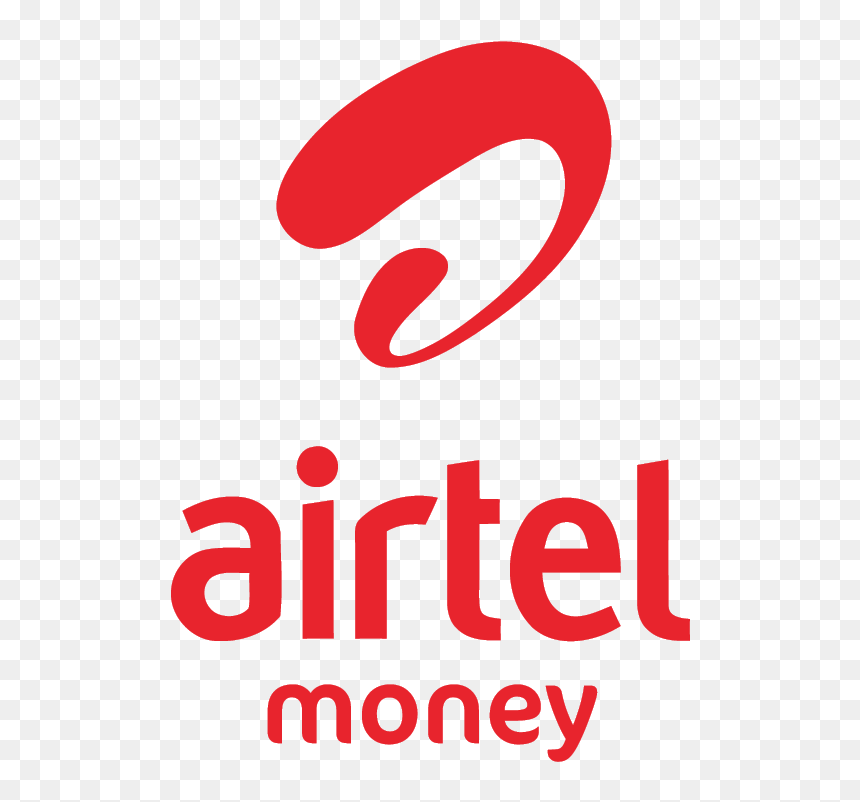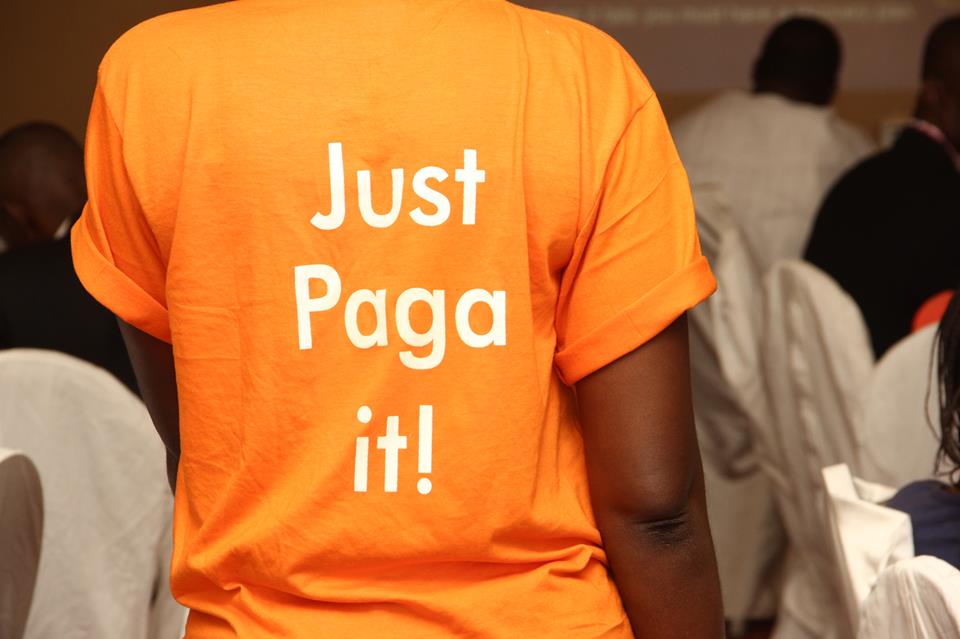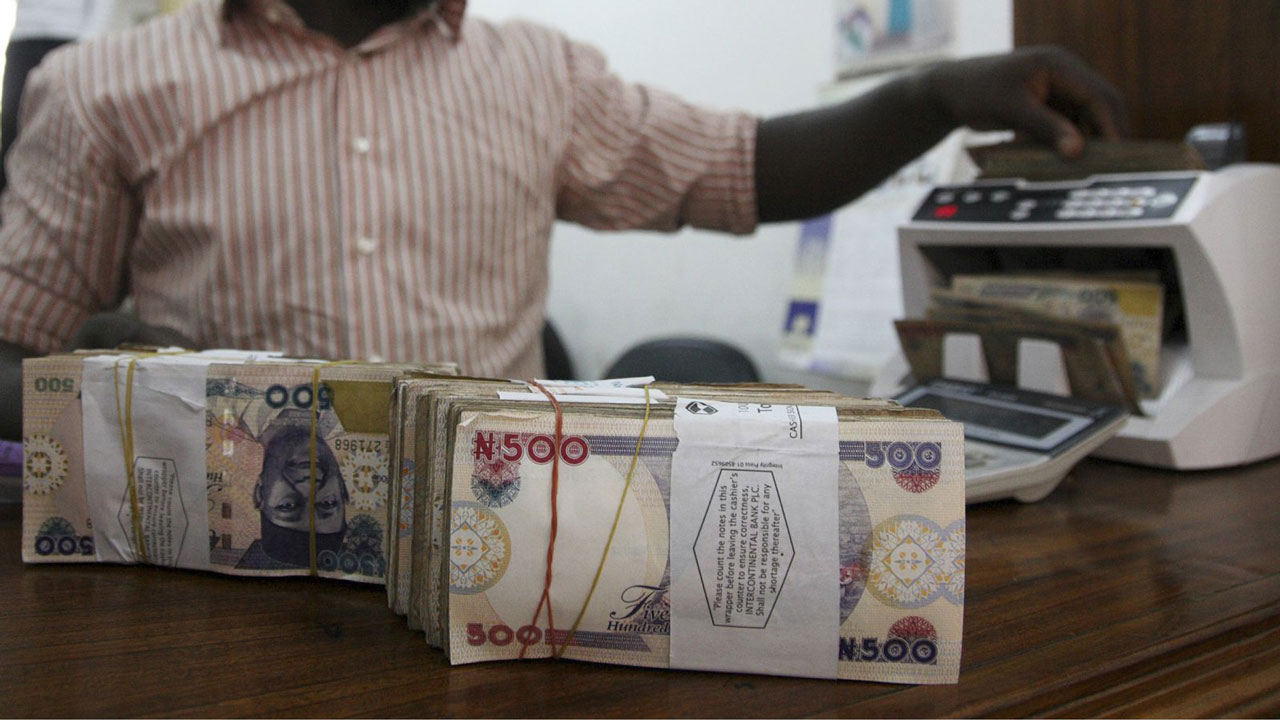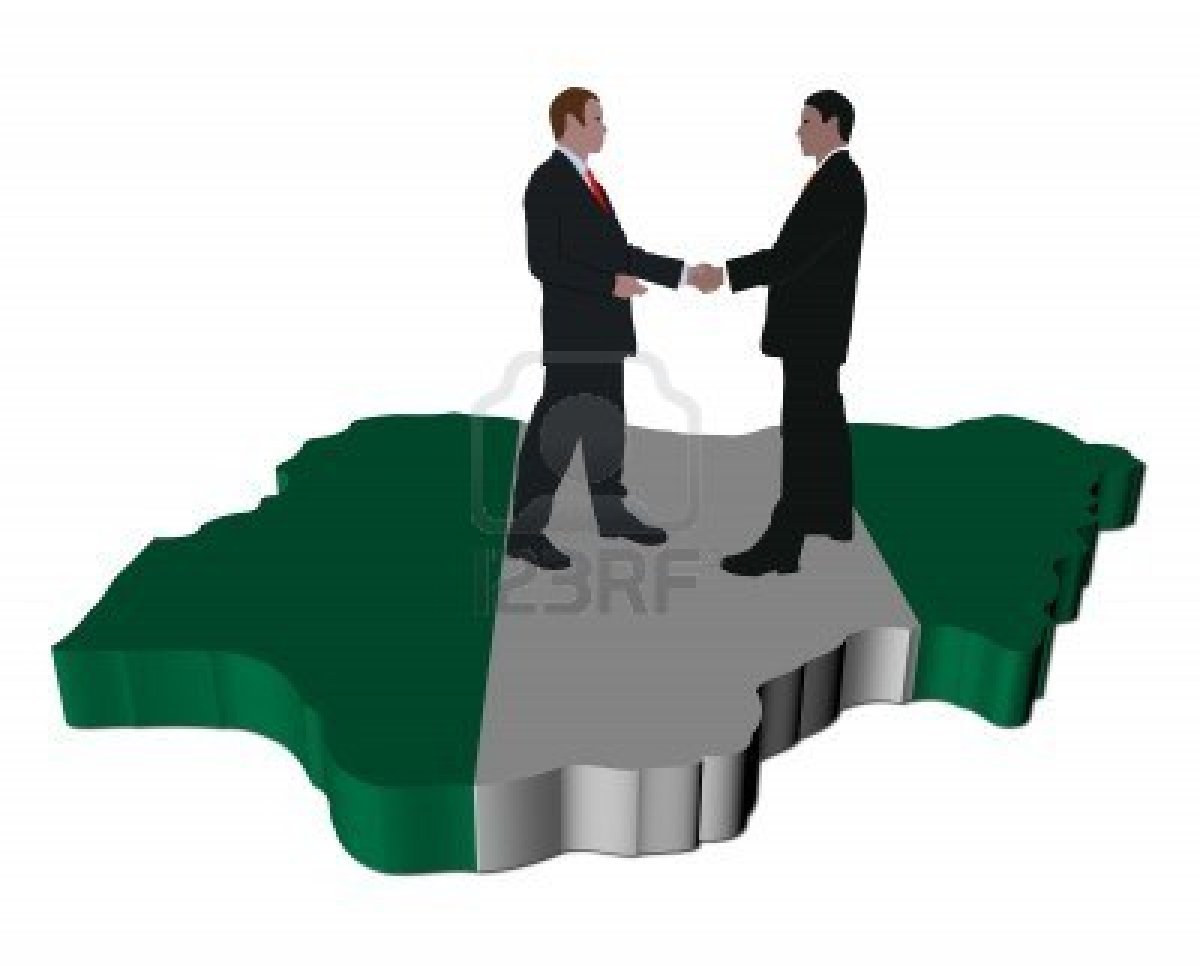Economy
How to Choose an Online Payment Solution as a Nigerian Business

The last decade has seen the profuse digitization of the African business ecosystem.
Digital adoption is even more aggressive in Nigeria as more customers prefer the convenience of transacting business from the comfort of their homes (and smart devices), paying online.
From shopping for clothing to groceries to even betting, very few savours the traditional rigours of queuing up at a physical store, knowing it could all be conducted online.
What does this mean for Nigerian businesses? You would be financially handicapped if you don’t jump on the cashless bandwagon and integrate online payment solutions into your services.
The next question you would want to ask is what parameters you should consider when selecting a payment gateway.
What are the most critical considerations when picking a payment gateway?
We are talking about money here, aren’t we?
If yes, there is no way we can overemphasize the need for diligence when selecting a payment gateway.
Don’t forget that your customer’s payment experience significantly determines if they would do business with you – or even come back after the first transaction.
Below are the core parameters your chosen payment gateway must possess.
Versatility
If the customer is king, then you must give your buyers all the royalty they deserve by integrating payment gateways that work with a broad spectrum of payment methods.
The contemporary Nigerian has debit cards, with the younger fraction fast adopting more digital wallets.
Choose a payment gateway that is minimally discriminatory and works with a vast number of payment methods Nigerian banks offer their customers.
Security
Some decades ago, hacking was more of an American and European malady. The average African internet user didn’t have to worry about his online security.
Much has changed now, as cyber vandals furiously cast their nets online for Nigerian victims. You don’t want to expose your customers to cyber vulnerabilities when they make payments on your website.
This is why you need a payment processor that prioritizes security. Today, the best payment gateways are decked with cutting-edge encryption to make life extremely miserable for hackers.
Formidable apparatus is now being set up in Nigeria, as seen in domestic cybersecurity compliance protocols. Ensure your chosen solution religiously adheres to guidelines prescribed by the office of the NSA.
Speed
It was back in the days of our elders that slow and steady won the race. In a 21st-century Nigerian business landscape, customers want it fast and furious – and rightly so.
Few things can be as appalling to your customers as their online payment taking too long to process on your website.
Choose a payment gateway that boasts top-notch transaction execution speed. And as further icing on the cake, it would help to choose a gateway that will not charge your customers an arm and leg in transaction fees.
No one enjoys paying alarming fees for buying things from you. They will likely not come again if it happens.
Mobile compatibility
You would be mistaken to underestimate the fanaticism of Nigerian youth with mobile devices. The frenetic rave about the latest iPhone phones should adequately educate you on how much your customers love smartphones.
The chances are high that the majority of your Nigerian customers transacting online payments on your website are doing so via their mobile devices.
Therefore, when choosing a payment gateway, choose one that is sufficiently optimized for mobile users.
The payment processor should be fast, fluid, and responsive when customers deploy it on their smartphones.
That said, we have proudly observed the permeation of the Nigerian online space with native fintech solutions. Indigenous payment solutions like Paystack, Flutterwave, and PayU are extensively streamlined to the unique characteristics of the Nigerian business environment.
More than being easy and cheap to install, these payment methods are scalable. This means you pay only for what you use and can ramp things up flexibly as you grow.
It is also interesting to note that the likes of Flutterwave work with more currencies aside from the naira. This opens you to prosecuting international transactions without breaking a sweat.
Not bad, is it?
Economy
LIRS Shifts Deadline for Annual Returns Filing to February 7

By Aduragbemi Omiyale
The deadline for filing of employers’ annual tax returns in Lagos State has been extended by one week from February 1 to 7, 2026.
This information was revealed in a statement signed by the Head of Corporate Communications of the Lagos State Internal Revenue Service (LIRS), Mrs Monsurat Amasa-Oyelude.
In the statement issued over the weekend, the chairman of the tax collecting organisation, Mr Ayodele Subair, explained that the statutory deadline for filing of employers’ annual tax returns is January 31, every year, noting that the extension is intended to provide employers with additional time to complete and submit accurate tax returns.
According to him, employers must give priority to the timely filing of their annual returns, noting that compliance should be embedded as a routine business practice.
He also reiterated that electronic filing through the LIRS eTax platform remains the only approved method for submitting annual returns, as manual filings have been completely phased out. Employers are therefore required to file their returns exclusively through the LIRS eTax portal: https://etax.lirs.net.
Describing the platform as secure, user-friendly, and accessible 24/7, Mr Subair advised employers to ensure that the Tax ID (Tax Identification Number) of all employees is correctly captured in their submissions.
Economy
Airtel on Track to List Mobile Money Unit in First Half of 2026—Taldar

By Adedapo Adesanya
The chief executive of Airtel Africa Plc, Mr Sunil Kumar Taldar, has disclosed that the company is still on track to list its mobile money business, Airtel Money, before the end of June 2026.
Recall that Business Post reported in March 2024 that the mobile network operator was considering selling the shares of Airtel Money to the public through the IPO vehicle in a transaction expected to raise about $4 billion.
The firm had been in talks with possible advisors for a planned listing of the shares from the initial public offer on a stock exchange with some options including London, the United Arab Emirates (UAE), or Europe.
However, so far no final decisions have been made regarding the timing, location, or scale of the IPO.
In September 2025, the telco reportedly picked Citigroup Incorporated as advisors for the planned IPO which will see Airtel Money become a standalone entity before it can attain the prestige of trading on a stock exchange.
Mr Taldar, noted that metrics continued to show improvements ahead of the listing with its customer base hitting 52 million, compared to around 44.6 million users it had as of June 2025.
He added that the subsidiary processed over $210 billion in a year, according to the company’s nine-month financial results released on Friday.
“Our push to enhance financial inclusion across the continent continues to gain momentum with our Mobile Money customer base expanding to 52 million, surpassing the 50 million milestone. Annualised total processed value of over $210 billion in Q3’26 underscores the depth of our merchants, agents, and partner ecosystem and remains a key player in driving improved access to financial services across Africa.
“We remain on track for the listing of Airtel Money in the first half of 2026,” Mr Taldar said.
Estimating Airtel Money at $4 billion is higher than its valuation of $2.65 billion in 2021. In 2021, Airtel Money received significant investments, including $200 million from TPG Incorporated at a valuation of $2.65 billion and $100 million from Mastercard. Later that same year, an affiliate of Qatar’s sovereign wealth fund also acquired an undisclosed stake in the unit.
The mobile money sector in Africa is expanding rapidly, driven by a young population increasingly adopting technology for financial services, making the continent a key market for fintech companies.
Economy
Crypto Investor Bamu Gift Wandji of Polyfarm in EFCC Custody

By Dipo Olowookere
A cryptocurrency investor and owner of Polyfarm, Mr Bamu Gift Wandji, is currently cooling off in the custody of the Economic and Financial Crimes Commission (EFCC).
He was handed over to the anti-money laundering agency by the Nigerian Security and Civil Defence Corps (NSCDC) on Friday, January 30, 2026, after his arrest on Monday, January 12, 2026.
A statement from the EFCC yesterday disclosed that the suspect was apprehended by the NSCDC in Gwagwalada, Abuja for running an investment scheme without the authorisation of the Securities and Exchange Commission (SEC), which is the apex capital market regulator in Nigeria.
It was claimed that Mr Wandji created a fraudulent crypto investment platform called Polyfarm, where he allegedly lured innocent Nigerians to invest in Polygon, a crypto token that attracts high returns.
Investigation further revealed that he also deceived the public that his project, Polyfarm, has its native token called “polyfarm coin” which he sold to the public.
In his bid to promote the scheme, the suspect posted about this on social media platforms, including WhatsApp, X (formally Twitter) and Telegram. He also conducted seminars in some major cities in Nigeria including Kaduna, Lagos, Port Harcourt and Abuja where he described the scheme as a life-changing programme.
Further investigation revealed that in October, 2025, subscribers who could not access their funds were informed by the suspect that the site was attacked by Lazarus group, a cyber attacking group linked to North Korea.
Further investigations showed that Polyfarm is not registered and not licensed with SEC to carry out crypto transactions in Nigeria. Also, no investment happened with subscribers’ funds and that the suspect used funds paid by subscribers to pay others in the name of profit.
Investigation also revealed that native coin, polyfarm coin was never listed on coin market cap and that the suspect sold worthless coins to the general public.
Contrary to the claim of the suspect that his platform was attacked, EFCC’s investigations revealed that the platform was never attacked or hacked by anyone and that the suspect withdrew investors’ funds and utilized the same for his personal gains.
The EFCC, in the statement, disclosed that Mr Wandji would be charged to court upon conclusion of investigations.
-

 Feature/OPED6 years ago
Feature/OPED6 years agoDavos was Different this year
-
Travel/Tourism9 years ago
Lagos Seals Western Lodge Hotel In Ikorodu
-

 Showbiz3 years ago
Showbiz3 years agoEstranged Lover Releases Videos of Empress Njamah Bathing
-

 Banking8 years ago
Banking8 years agoSort Codes of GTBank Branches in Nigeria
-

 Economy3 years ago
Economy3 years agoSubsidy Removal: CNG at N130 Per Litre Cheaper Than Petrol—IPMAN
-

 Banking3 years ago
Banking3 years agoSort Codes of UBA Branches in Nigeria
-

 Banking3 years ago
Banking3 years agoFirst Bank Announces Planned Downtime
-

 Sports3 years ago
Sports3 years agoHighest Paid Nigerian Footballer – How Much Do Nigerian Footballers Earn
















